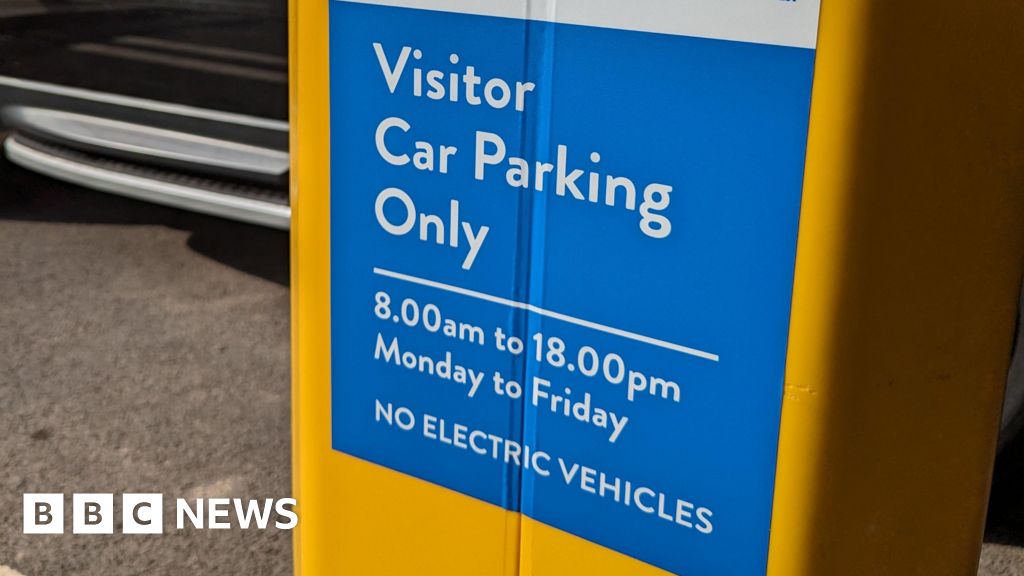the explosions were heard up to 125 miles (200 km) away; there were reports that they were audible in Belgium, France, and the Netherlands.[2][6][11]
The British Geological Survey monitored the event, which measured 2.4 on the Richter scale.[4][9][11] It was reported that people were woken in south London, and as far west as Wokingham (about 28 miles (45 km)), where in its southern suburb, Finchampstead, numerous people felt the shockwave after the initial explosion. Subsequent explosions occurred at 06:27 and 06:28.[5][6]
Witnesses many miles from the terminal observed flames hundreds of feet high; the smoke cloud was visible from space, and from as far north as Lincolnshire (about 70 miles (110 km) away)




